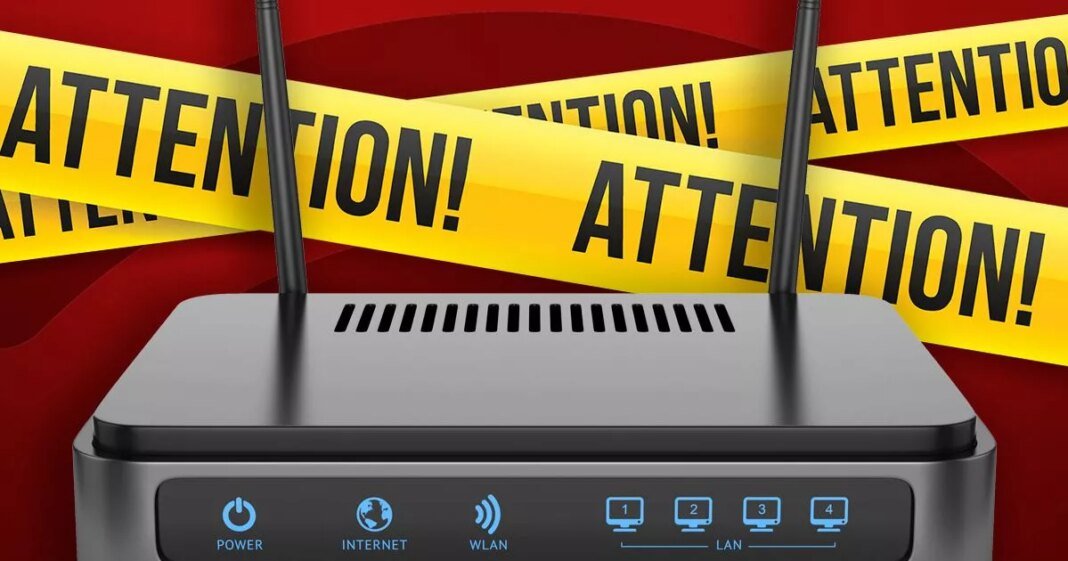Your Wi-Fi router serves as a crucial link to the internet, but it can also serve as an entry point for cybercriminals. Neglecting to customize your router settings leaves your connected devices vulnerable to security breaches. Experts warn that many individuals unknowingly expose their routers to potential cyber attacks. Broadband Genie has provided essential guidance on securing your router to prevent future threats.
Key recommendations include modifying the default password, ensuring regular updates, and changing the network name. Making adjustments to your router settings may seem daunting, but it is a simple process that only requires a few minutes, as outlined by Alex Tofts, a broadband expert at Broadband Genie.
Enhancing router security is crucial to mitigate the risk of hacking and malware infiltration. Broadband Genie recommends five essential changes to safeguard your router, such as adjusting network encryption settings to WPA2 or WPA3, updating passwords, altering the network name for enhanced protection, keeping the router software up to date, and monitoring network users to prevent unauthorized access.
Oliver Devane, a Senior Security Researcher at McAfee, stresses the significance of updating router factory settings to prevent cyber threats. Securing your router is paramount as it controls access to all connected devices in your home. Implementing best practices and customizing settings, such as changing the default password, are akin to changing the lock on your front door to safeguard your home network.
If you encounter difficulties in adjusting settings, identify your router model and seek assistance from the provider. Prioritizing router security through proactive measures and continuous monitoring is essential in safeguarding your online activities and personal data.

